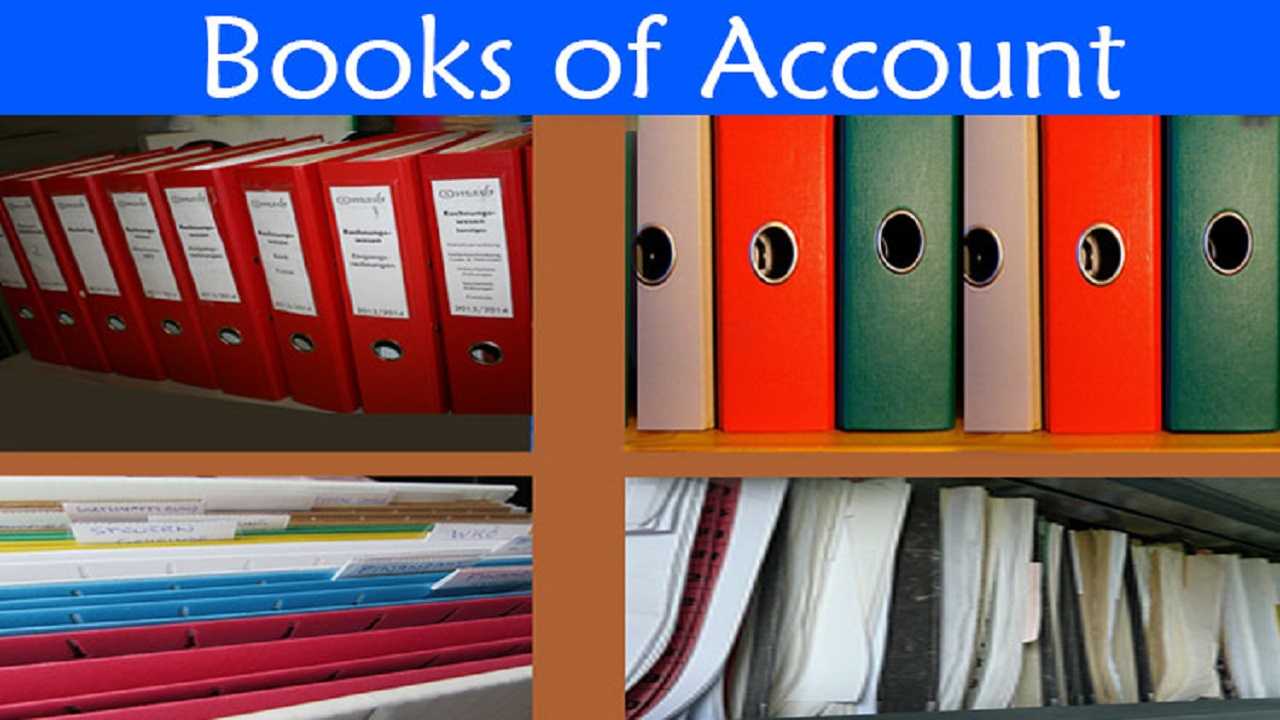Kenya Union of Savings & Credit Co-operatives Ltd (KUSCCO) has rejected the provisions of the controversial 2023/2024 finance bill, arguing that its implementation has far reaching consequences in the operations of Saccos.
Through a memorandum dated May 22, 2023 and received by the national assembly, the union noted that issues contained in the Finance Bill 2023 and other pertinent tax matters affect the core operations of Saccos.
“These issues require urgent intervention which would have far reaching ramifications to the economy at large since the Co-operative Sector impacts on lives of close to 70 per cent of Kenya’s population, contributes highly to the country’s Gross Domestic Product (GDP), facilitates more than 31 percent of National Savings and provides employment directly and indirectly to millions of Kenyans,” reads the memorandum in part.
KUSCCO Group Managing Director George Ototo noted that the current tax regime does not match the scale of operations of Saccos which have registered tremendous growth purely driven by members’ needs.
Proposals of the Finace Bill vis a vis KUSCCO’s recommendations
For the Introduction of the National Housing Development Fund undersection 31 of the Employment Act 2007, the proposed finance bill dictates that an employer and employee shall pay each pay here per cent of the employee’s basic monthly salary to the National Housing Development Fund established under section 7 of the Housing Act.
KUSCCO noted that this proposal could reduce employees’ take-home pay and increase employers’ costs, potentially impacting employment opportunities.
The union further pointed out that the Bill does not define the term ’employee’ hence that could possibly affect both resident and non-resident individuals working temporarily in Kenya who may have no intent to benefit from the Kenyan housing fund.
It wants the Bill to clarify the definition of an ’employee’ and consider the housing realities of the targeted population.
KUSCCO proposed that the National Housing Contribution Fund should be voluntary, with a clearer eligibility guideline. In line with this, they are calling for the amendment of Section 31B to allow employers to opt out to pay to the National Housing Development Fund in respect of each employee and exempt those servicing mortgages.
The union further recommended an amendment to mitigate potential ambiguity and that the definition of a “person” be harmonized with the definitions in the Tax Procedures Act (TPA) and the Value Added Tax (VAT) Acts.
It further added that the adoption of the definition of “person” from the TPA and VAT Acts will contribute to greater clarity and consistency in the ITA. This change would facilitate precise interpretation of the law and minimize potential for misinterpretation or misuse.
KUSCCO feels the provision of the exemption of reimbursement to public officers might create inequality in tax treatment between public officers and private sector employees. Additionally, without a set of the upper limit for expenditure, this provision may be prone to misuse incurred for the purpose of performing official duties, notwithstanding the ownership or control of any assets purchased.
The union proposed an amendment to extend this exemption to the private sector employees for equality.
The Bill proposed to disallow deduction of expenses that are not supported by invoices generated from TIMS unless the transactions has been exempted in accordance with the Tax Procedures Act (TPA) .
Through the memorandum, KUSCCO argued that the proposal has far-reaching consequences since it has not provided guidance on how the accrued expenses guided by the various accounting principles and invoices received from suppliers who are not necessarily registered for VAT, foreign suppliers, priority groups including youth, persons with disability and women following transactions should be dealt with.
In addition, the TPA has not provided any guidance on exemptions of transactions for this purpose.
KUSCCO proposed that proper guidance should be provided on exemptions as well as treatment of expenses that are purely driven by the accounting standards as this will enhance clarity and compliance.
Regarding the payment of withholding tax as proposed by the finance bill, KUSCCO feels this new provision could have a significant impact on the payer’s cash flow and increase administrative burdens. In addition, accounting for \/\/HT on accruals will become complex owing to the fact that it takes time to determine if an accrual will be reversed or retained on monthly basis.
They proposed to revert to the original provision that allows Withholding Tax to be remitted on or before the twentieth day of the following month in which the tax was deducted as this will enhance compliance, minimize cash flow disruptions and reduce administrative burden on the payer.
On the Impact of Taxation of gain, the Bill proposes to disregard adjusted cost incurred from the first transfer if a subsequent transfer is done within a period of less than 5 years.
KUSCCO feels that this does not take into account the business realities given that costs have to be incurred to preserve and defend the title of the property.
They also feel this proposal could significantly increase the cost of business, particularly for Saccos, which often need to transfer property between their different branches and operations.
KUSCCO has recommended that these proposed amendments be deleted entirely so as to encourage profitable business restructuring within groups and thereby high taxable income.
The union also feels the proposed amendments of timelines for remitting withholding VAT will pose a challenge in terms of VAT compliance, as taxpayers will now be subject to a timeline different from the monthly reporting that is normally done.
It further argued that the proposed amendment of power to collect tax from a person owing money to the taxpayer (Agency notice) seems impractical given the provisions of the Section 12 of the ITA which provide for two bases of estimating installment tax payable.
This is further complicated by the current iTax platforms configuration, which automatically computes installment tax payable using the prior year basis.
KUSCCO feels if the commissioner uses the iTax estimation to issue an agency notice, there could be discrepancies in the event the taxpayer adopts the current year basis in estimating the installment tax payable. This would to issuance unwarranted agency notices.
The union feels that the proposed amendment concerning instalment tax should be deleted to make tax enforcement more feasible and practical and to prevent potential misuse of power by KRA.
The Bill proposed to rescind the remission of penalty and interest allowing taxpayers to seek a remission or waiver of penalties or interest.
KUSCCO argued that this could potentially leave taxpayers without recourse in situations where the Commissioner makes an error in an assessment, as taxpayers would be obliged to pay penalties without a provision remission provision.
“There is need to revert back to the original provision empowering the Commissioner to waive penalties and interest,” the memorandum read in part.
KUSCCO proposed that Section 89 of the Tax Procedures Act be amended.
The Commissioner may, upon application by a taxpayer, remit in whole or in part, any penalty or interest payable by the taxpayer under this Act, if it is proven to the satisfaction of the Commissioner that, the error in the assessment arose due to an error or oversight on his/ her part.
By Felix Wanderi
Get More Stories from our Website Sacco Review Newspaper
You can also follow our social media pages on Facebook Sacco Review Newspaper for timely updates.



